Nathan Moon

STEM education; Disability Employment; workplace accommodations policy; Accessible Information and Communications Technologies

STEM education; Disability Employment; workplace accommodations policy; Accessible Information and Communications Technologies
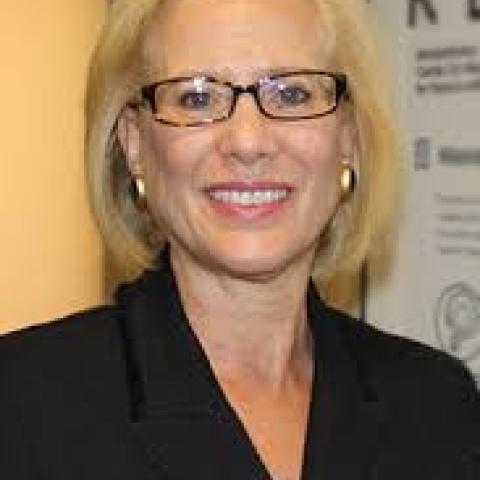
Broadband and Wireless Communications; Educational Technologies; Regulatory and Legislative Policy; Emergency/Public Safety Communications; Universal Service to Vulnerable; Rural; Inner City Populations


Alain Louchez is the Managing Director of the Center for the Development and Application of Internet of Things Technologies (CDAIT pronounced sedate) in charge of directing the Internet of Things (IoT)-related development efforts across the Georgia Institute of Technology (Georgia Tech). He is a member of the Advisory Council of the Georgia Tech Center for International Business Education and Research (CIBER) and the Georgia Tech Lorraine (European campus) Advisory Board.
Prior to joining Georgia Tech, he held various executive positions including Vice President for BellSouth (now AT&T) Europe; Executive Director of BellSouth France, and General Manager of GTE/Verizon Media Ventures’ wireless video operations in Hawaii. Most recently, he was Vice President of Strategic Management at Numerex, a company focused on machine-to-machine communications (M2M). He was instrumental in the development of the M2M Standardization Task Force at the Global Standards Collaboration.
Alain served on the board of directors of France Telecom Mobiles Data (France Telecom’s wireless data subsidiary); Cofira (Videndi’s founding parent of SFR, France’s second largest telecommunications operator); Com-Dev (a subsidiary of the Caisse des Dépôts et Consignations group in charge of cable TV), SINEDI/Com-Dev Images (a holding company dedicated to investments in some French thematic TV channels such as Canal J, Planète, CinéCinéma, etc.) and Datech (BellSouth’s French direct marketing subsidiary).
Internet of Things
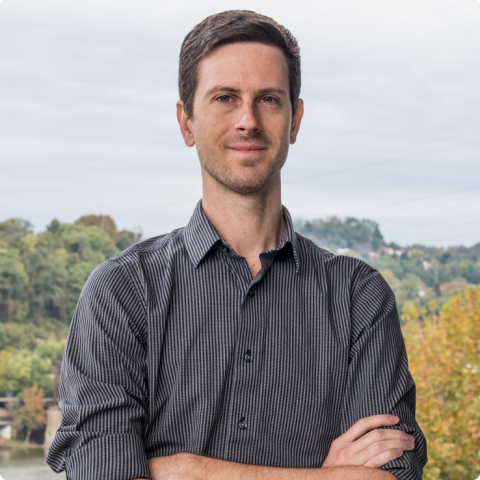
Professor Hays's research interests span computer vision, graphics, robotics, and machine learning. Before joining Georgia Tech, he was the Manning assistant professor of computer science at Brown University. James was a post-doc at Massachusetts Institute of Technology and received his Ph.D. from Carnegie Mellon University in 2009. James received his B.S. in Computer Science from Georgia Tech in 2003.
Computer Vision; Computer Graphics; Machine Learning; Robotics
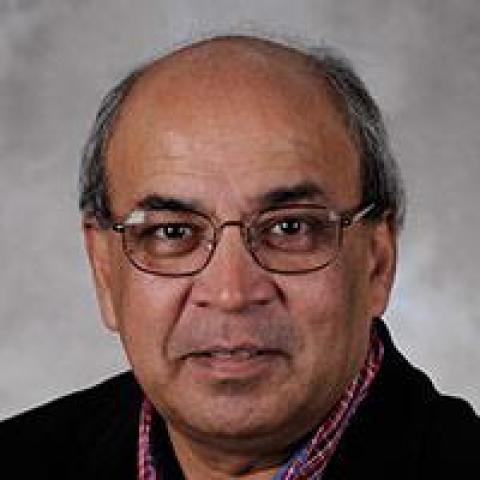
Ashok Goel is a Professor of Computer Science in the School of Interactive Computing at Georgia Institute of Technology in Atlanta, USA. He obtained his Ph.D. from The Ohio State University. At Georgia Tech, he is also the Director of the Ph.D. Program in Human-Centered Computing, a Co-Director of the Center for Biologically Inspired Design, and a Fellow of Brook Byers Institute for Sustainable Systems. For more than thirty years, Ashok has conducted research into artificial intelligence, cognitive science and human-centered computing, with a focus on computational design, modeling and creativity. His recent work has explored design thinking, analogical thinking and systems thinking in biological inspired design (https://www.youtube.com/watch?v=wiRDQ4hr9i8), and his research is now developing virtual research assistants for modeling biological systems. Ashok teaches a popular course on knowledge-based AI as part of Georgia Tech's program on Online Masters of Science in Computer Science. He has pioneered the development of virtual teaching assistants, such as Jill Watson, for answering questions in online discussion forums (https://www.youtube.com/watch?v=WbCguICyfTA). Chronicle of Higher Education recently called virtual assistants exemplified by Jill Watson as one of the most transformative educational technologies in the digital era. Ashok is the Editor-in-Chief of AAAI's AI Magazine.
Artificial Intelligence; Cognitive Science; Computational Design; Computational Creativity; Educational Technology; Design Science; Learning Science and Technology; Human-Centered Computing

Collaborative Music; Digital/Web Music; Music Composition; Musical Interfaces; Musical Performance
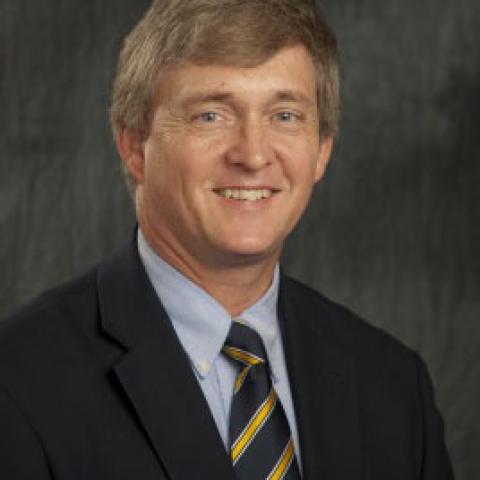
Jeff Evans is a researcher with the Information Communication Laboratory (ICL) at the Georgia Tech Research Institute (GTRI), where researchers work to solve complex problems in computer science, information technology, communications, networking and sociotechnical systems. Customers have included those in the Department of Defense (DoD), emergency response and health care systems spaces. Evans’ research has focused primarily on modes of communications in emerging technologies, particularly wireless systems, and he is involved as a project director for several advanced network and multimedia communications programs. One of his main research foci involves ensuring applications’ performance as they migrate across different networks for legacy systems and emerging, high-bandwidth access technologies. His early work developed into the Network Applications Integration Lab (NAIL) research testbed, which led to his working with campus and other labs across GTRI. After running some of ICL’s research programs in both the DoD and commercial spaces, he was asked to help launch up the first multi-disciplinary unit, the Institute for People and Technology (IPaT) at Georgia Tech in order to integrate theoretical research, basic research and to conduct applied science about the emerging technologies that directly impact people: health care, education, humanitarian systems and media. He has helped build numerous international and industry partnerships, as well as multidisciplinary “living lab” test beds. Evans helped co-found GTRI’s Foundations for the Future (F3) program, which helps to bring Georgia Tech’s expertise into the state’s K-12 classrooms. ICL also has nationally recognized initiatives that includes the FalconView™ Program, the National Information Exchange Model (NIEM) information exchange standards; communications research and antenna networks, both for troops and for evaluating IED countermeasures; emergency management technologies; and are developing a comprehensive approach to the Internet of Things.
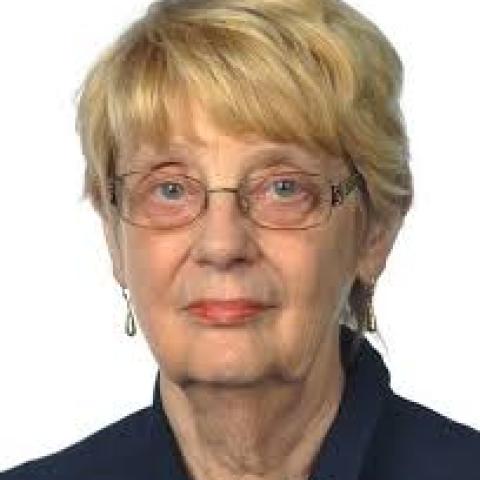
Individual Differences; Intelligence; Item Response Theory Modeling; Measurement

Technological non-profit and NGO support; Social Impacts of Computing Technology; Core Computing Infrastructure